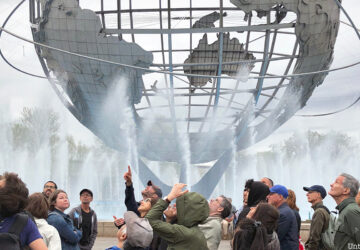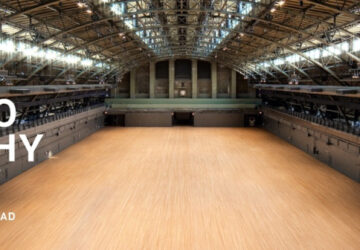1980 Transit Strike
On April 1, 1980, approximately 33,000 members of the TWU went on strike to increase wages of contracted workers, and all subways and buses were shut down for twelve days. The MTA proposed a 34-month contract with a 3% wage increase each year, but the TWU demanded a 21-month contract with a 30% wage increase, since the cost of living had increased by over 50% since the last contract was negotiated. Within just one day alone, there was an 11% reduction in commuters going to work, and the city implemented a mandatory carpool restriction that stated that cars could not enter Manhattan’s central business district without three or more passengers. LIRR workers also went on strike on April 2, the second in four months, and the City University of New York canceled classes at three campuses throughout the strike.
After the New York State Supreme Court fined the striking unions $1 million, the MTA negotiated a 9% raise in salary the first year and an 8% raise the second year with the TWU. According to the New York Times, the strike was estimated to have cost $75 to 100 million in lost income, and the city lost about $2 million a day in taxes. Mayor Ed Koch was often seen crossing the Brooklyn Bridge by foot with fellow commuters in protest of the strike, and overall the striking unions suffered a net negative impact.





